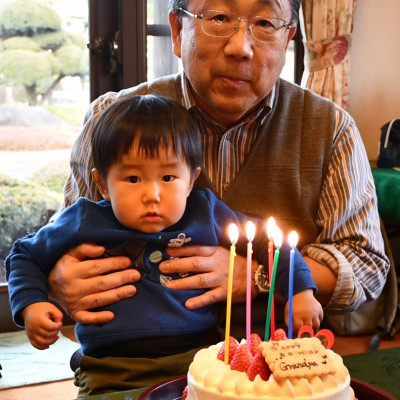Paper presentation
Learning 21st-century skills and cross-cultural awareness through collaborative learning during the COVID-19
The purpose of this study is to investigate the effects of dialogue with CCC (Campus Crusade for Christ) members (1 CCC vs 3 students) on the attitudes of Japanese English learners toward communicating in English. Through the use of surveys and pre-post OPIc Speaking Tests, the authors investigate how students feel about speaking English and the effects of regular encounters with CCC members on their confidence and ability to communicate. From April 2021 to January 2022, the participants were 17 Japanese university students who studied English and presentation skills through a variety of topics derived from epistemology and ontology in order to prepare for a digitalized society 5.0. The pedagogical training was geared toward assisting students in identifying and solving the many critical issues facing humanity in the twenty-first century. A strong emphasis was placed on the development of higher-order thinking skills as well as the integration of ICT and human discourse throughout the 30-week online course. The students delivered numerous presentations using digital storytelling techniques on topics such as the Sustainable Development Goals (SDGs), global leadership, artificial intelligence (AI), cross-cultural quotient about different cultures, EduTech (21st-century skills), science and theology, and more. Aside from that, young foreigners visited virtual courses roughly every two or three weeks to assist students with presentations and debates. They also evaluated the students' presentations using the PeerEval program, which was provided by the university. The results showed that the mean OPIc speaking test score increased from 6.7 (standard deviation:1.36) to 7.4 (standard deviation:1.36) (SD:1.97). The classes they observed throughout the two semesters changed their ideas on studying cross-cultural communication skills and English proficiency, contextualizing and socializing their learning in the setting of an engaged and meaningful training environment. The results of the questionnaires that were conducted will be discussed in greater depth.
-

Dr. Hiroyuki Obari is Professor Emeritus at Aoyama Gakuin University. He now teaches part-time in the Faculty of Law, Waseda University, and the Tokyo Institute of Technology graduate school. He is a visiting researcher at the National Institute of Advanced Industrial Science and Technology (AIST). Born in 1953, he received his B.A. from the University of Oklahoma (Political Science), M.A. from ICU (International Relations), second M.A. from Columbia University, and Ph.D. from the University of Tsukuba (Computer Science). He served as a visiting researcher at the University of Oxford (1998, 2007, 2018~2020). He specializes in CALL, TESOL, Worldview Studies, and EdTech. His recent publications include 1. Obari, H., Lambacher, S., Kikuchi, H. (2022). Exploring the impact of AI on EFL teaching in Japan. In J. Colpaert & G. Stockwell (pp. 84-101). Smart CALL: Personalization, contextualization, & socialization. London: Castledown Publishers.